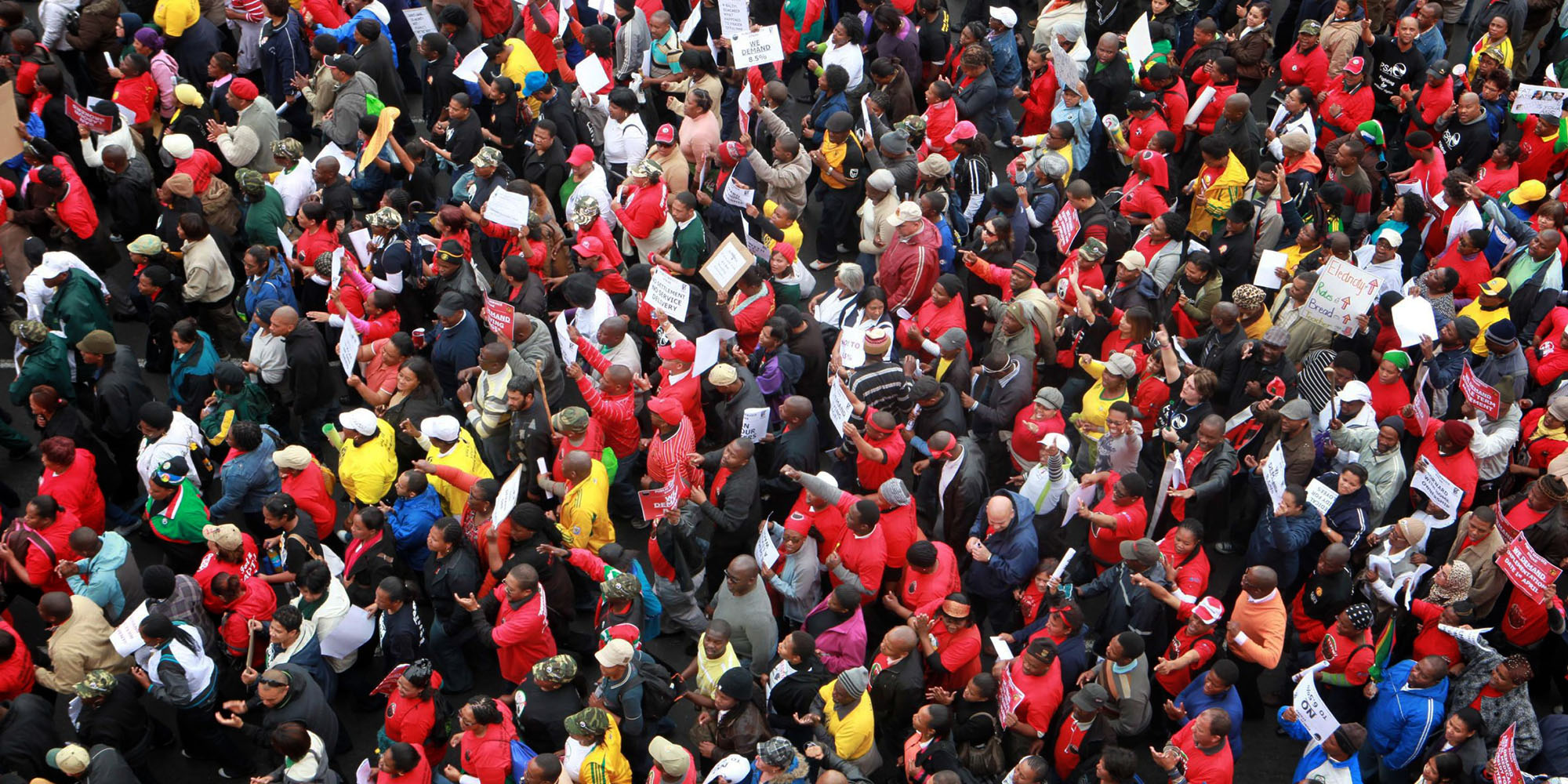The Constitutional Court has handed the government a huge victory, backing its decision to not award inflation-beating wage increases to 1.2 million public servants in 2020 that could have further weakened South Africa’s public finances.
In a unanimous judgment handed down on Monday, 28 February, the top court found that the collective agreement detailing wage increases over three years – entered into by the government and trade unions representing public servants in 2018 – was “invalid and unenforceable”.
The Labour Appeal Court had found in December 2020 that the collective agreement was invalid. The unions – including the National Education Health and Allied Workers’ Union, South African Democratic Teachers’ Union, and the Public Servants Association of South Africa – approached the ConCourt in August 2021 to challenge the appeal court’s ruling.
The ConCourt found that clause 3.3 of the collective agreement was not compliant with sections 78 and 79 of the Public Services Act. This act requires, among other things, the government to enter into collective agreements only if it can afford to do so.
The act also outlines the roles and powers of ministers – in this case, the ministers of finance and public service and administration (responsible for employment conditions in the state) – when concluding collective agreements. Both ministers, in a coalition, have the legal authority to bind the state into collective agreements, such as wage increases for public servants.
But the government’s negotiations with trade unions over wage increases were sullied from the beginning.
On 25 April 2018, Cabinet instructed the Department of Public Service and Administration to conclude a collective agreement with trade unions, detailing wage increases for their public servant members from 2018 to 2020. By then, the cost calculations of the wage increases had not been done by the finance minister and National Treasury. Implementing the wage increases at the time would cost the state R128.5-billion over three years, but this later ballooned by an extra R30.2-billion.
Treasury suggested that in order to afford the three-year wage increases for public servants, the government would have to embark on a retrenchment process, cutting 36,000 public sector jobs. Treasury’s suggestion was ignored as the Department of Public Service and Administration forged ahead with signing the collective agreement, despite concerns about it being unaffordable. The agreement automatically became binding on the government.
The ConCourt found that collective agreement between the government and trade unions did not comply with the requirements of regulations 78 and 79 of the Public Services Act, rendering it “invalid and unlawful, and thus unenforceable”. This is because the collective agreement was unaffordable in the first place and proper processes were not followed in concluding it (after all, it was concluded before the process to reduce the headcount in the state ensued).
Meaning of the ruling
The court ruling has reinforced the government’s powers and discretion to enter into collective agreements or renege on them when it can no longer afford to do so. The government reneged on the last leg of the three-year collective agreement in 2020 when it refused to award wage increases of consumer inflation plus 1% – which works out to about 8% – to public servants such as nurses, teachers, doctors and police officers.
Finance Minister Enoch Godongwana wants to cut the public sector wage bill, which is the single-largest component of the government’s expenditure. The wage bill for 1.2 million public servants is out of control; it exploded from R154-billion in 2006 to R682.5-billion in 2022. Paying public servants makes up about 34% of the government’s total expenditure, crowding out spending on crucial service delivery programmes.
The ConCourt’s ruling will also give Godongwana the upper hand because the government will start wage negotiations for 2022 in March. The government is no longer prepared to enter into costly, multiyear wage increase agreements with public servants. Godongwana has already asked trade unions to moderate their wage-adjustment expectations in 2022 because public finances are weak. Failing this, he issued the threat of reducing headcounts (through retrenchments) to cut the remuneration bill. DM/BM
Business Maverick
Big victory for the state as unions lose bid to force public sector wage increases





